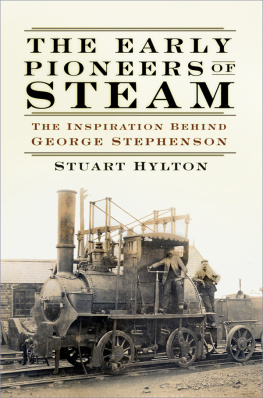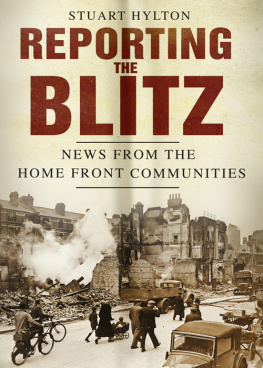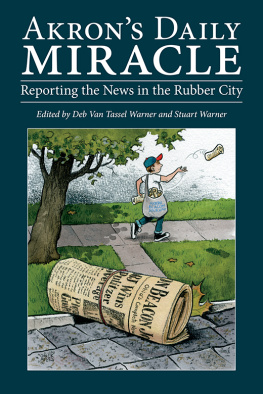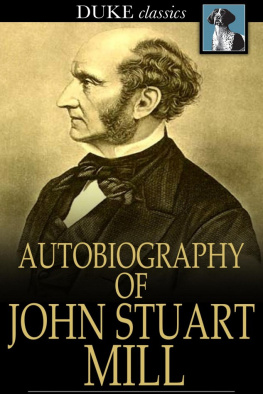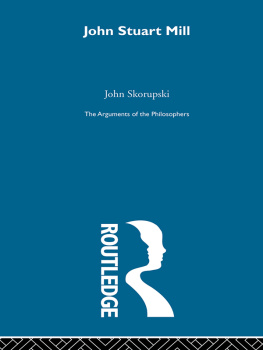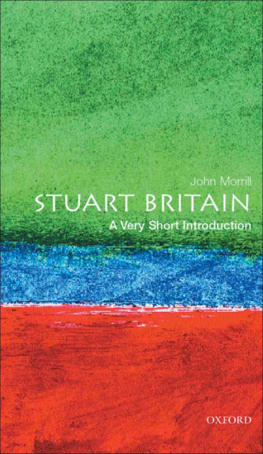Stuart Hylton - Reporting the Great War
Here you can read online Stuart Hylton - Reporting the Great War full text of the book (entire story) in english for free. Download pdf and epub, get meaning, cover and reviews about this ebook. year: 2014, publisher: Pen and Sword, genre: History. Description of the work, (preface) as well as reviews are available. Best literature library LitArk.com created for fans of good reading and offers a wide selection of genres:
Romance novel
Science fiction
Adventure
Detective
Science
History
Home and family
Prose
Art
Politics
Computer
Non-fiction
Religion
Business
Children
Humor
Choose a favorite category and find really read worthwhile books. Enjoy immersion in the world of imagination, feel the emotions of the characters or learn something new for yourself, make an fascinating discovery.

- Book:Reporting the Great War
- Author:
- Publisher:Pen and Sword
- Genre:
- Year:2014
- Rating:4 / 5
- Favourites:Add to favourites
- Your mark:
- 80
- 1
- 2
- 3
- 4
- 5
Reporting the Great War: summary, description and annotation
We offer to read an annotation, description, summary or preface (depends on what the author of the book "Reporting the Great War" wrote himself). If you haven't found the necessary information about the book — write in the comments, we will try to find it.
Reporting the Great War — read online for free the complete book (whole text) full work
Below is the text of the book, divided by pages. System saving the place of the last page read, allows you to conveniently read the book "Reporting the Great War" online for free, without having to search again every time where you left off. Put a bookmark, and you can go to the page where you finished reading at any time.
Font size:
Interval:
Bookmark:


eISBN 9781473838765
CPI Group (UK) Ltd, Croydon, CR0 4YY
PEN & SWORD BOOKS LIMITED
47 Church Street, Barnsley, South Yorkshire, S70 2AS, England
E-mail: enquiries@pen-and-sword.co.uk
Website: www.pen-and-sword.co.uk
- how the authorities used patriotic fervour and hatred of the enemy as an aid to getting the whole of the population engaged in the war effort. Not for nothing was this thought of as the first total war;
- how the submarine blockade and the terror of bombing from the air brought the civilian population into the front line as never before;
- how other forms of new technology impinged on the war from the internal combustion engine to the new horrors of warfare, like poison gas;
- how the business community tried to maintain business as usual, or better still to seek out the new opportunities for commerce that the war offered;
- how the authorities sought to control and use the new media mass newspapers, cinema, wireless telegraphy to ensure that it was their version of the war that got relayed to a better educated and more enfranchised public. This was also the first real propaganda war;
- how State control extended further and further into everybodys lives, with conscription, the blackout and rationing, along with the direction of labour, all anticipating the conditions of life more usually associated with the Second World War;
- how the war impacted on the role of women in society and, in particular, the labour market;
- how the idea of conscientious objection emerged alongside that of conscription, as a factor to be taken account of in recruitment;
- how the people tried to retain a sense of normality in what were extraordinary times, and life went on, in all its eccentric variety, despite everything.
31 July 1915
Font size:
Interval:
Bookmark:
Similar books «Reporting the Great War»
Look at similar books to Reporting the Great War. We have selected literature similar in name and meaning in the hope of providing readers with more options to find new, interesting, not yet read works.
Discussion, reviews of the book Reporting the Great War and just readers' own opinions. Leave your comments, write what you think about the work, its meaning or the main characters. Specify what exactly you liked and what you didn't like, and why you think so.

